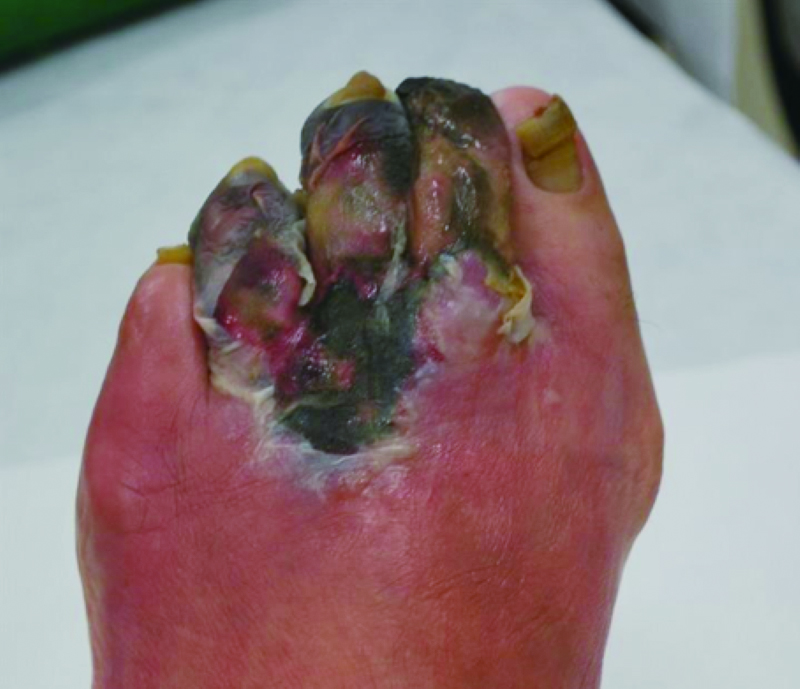抄録
Microorganisms infiltrate necrotic tissue over time, resulting in wound infections and odor. However, patients with odorous wounds occasionally cannot obtain adequate wound care regarding the odor owing to their systemic state. Although a variety of conservative or interventional wound treatments have been studied, the strategy for managing and caring for odorous wounds remains unknown. Odor can be reduced by preventing microbial colonization or infections that cause an objectionable odor. As a result, wounds are treated with systemic antibiotics and/or topical exudate-control dressings. The most effective method to eliminate wound odors is wound debridement. However, the debridement of necrotic tissue causing malodor is known to be painful unless performed under local or general anesthesia. This adds to physical and mental strain as well as the risk of interventional treatment as a whole. Therefore, an awareness of the fundamental mechanisms of odorous wounds and establishment of treatment strategies for optimal odor management, including aggressive debridement, is essential. The aim of this brief communication is to describe and suggest interventional odor treatment alternatives, focusing on topical surgical management.
